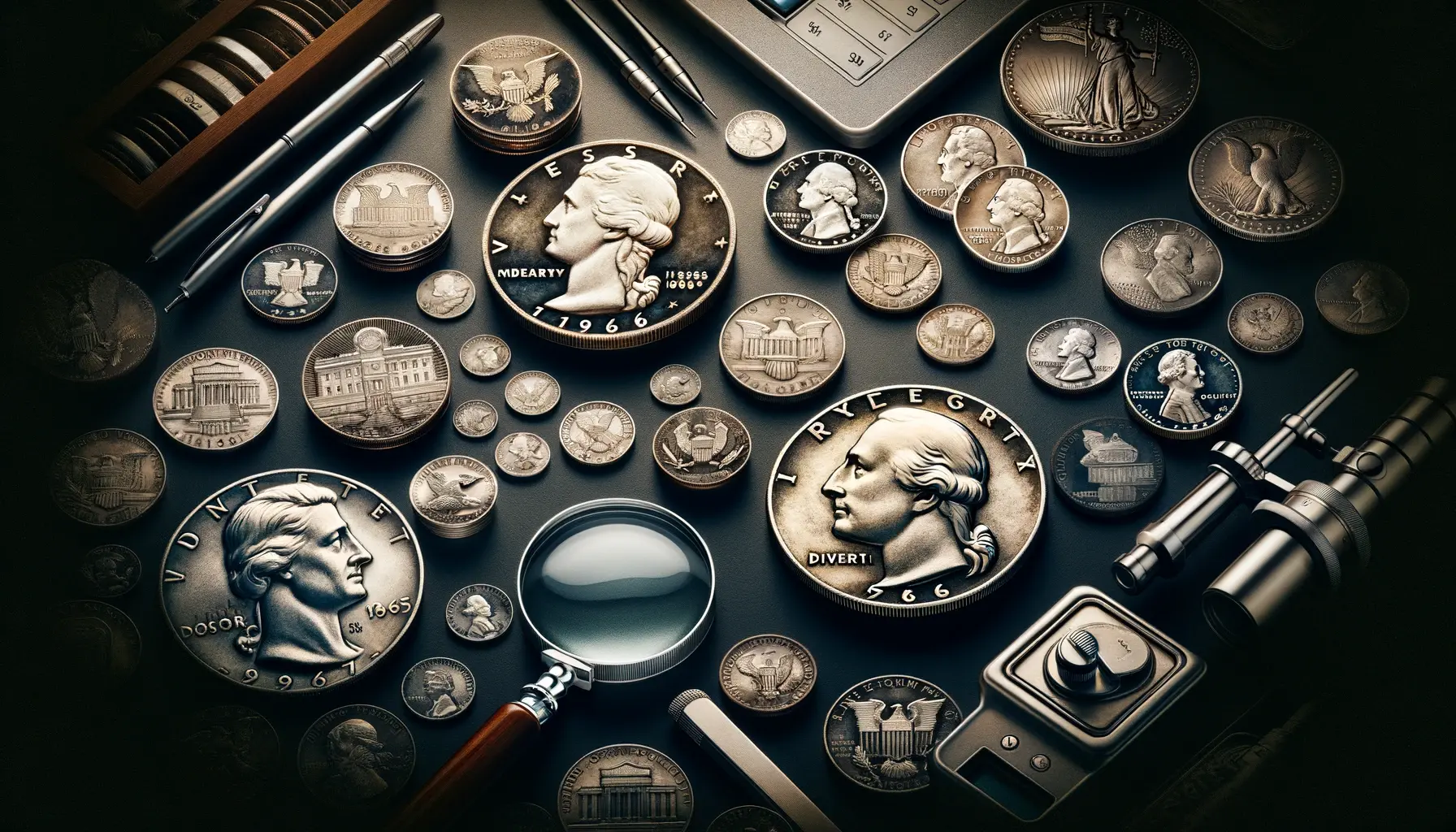
Investing in silver coins is an excellent way to diversify your portfolio, hedge against inflation, and accumulate tangible assets that have intrinsic value. As one of the most accessible and affordable precious metals, silver offers a range of opportunities for both novice and experienced investors. This guide will walk you through the basics of investing in silver coins, including the types of coins available, factors to consider before purchasing, and tips for building a successful silver coin collection.
Why Invest in Silver Coins?
Silver coins are a popular investment choice for several reasons:
Affordability: Compared to gold, silver is much more affordable, making it an attractive option for investors with smaller budgets. This lower price point allows investors to buy silver in larger quantities, increasing their exposure to precious metals.
Tangible Asset: Silver coins are a physical asset that you can hold in your hand. Unlike stocks or bonds, which are intangible, silver provides a sense of security as a hard asset that has intrinsic value.
Liquidity: Silver coins are widely recognized and accepted, making them easy to buy and sell in global markets. This high level of liquidity ensures that you can quickly convert your investment into cash when needed.
Hedge Against Inflation: Like other precious metals, silver acts as a hedge against inflation. During periods of economic uncertainty or currency devaluation, silver typically retains or increases in value, helping to protect your purchasing power.
Potential for Appreciation: While silver prices can be volatile, the metal has historically shown the potential for price appreciation over the long term, particularly during times of economic instability.
Types of Silver Coins
When investing in silver coins, it’s essential to understand the different types available. Here are the most common categories:
Bullion Coins:
- Description: Bullion coins are typically minted by government authorities and are valued based on their silver content rather than any collectible or historical value. They are a straightforward way to invest in silver.
- Examples: American Silver Eagle (USA), Canadian Silver Maple Leaf (Canada), and the Austrian Silver Philharmonic (Austria).
- Advantages: Bullion coins are widely recognized, easy to buy and sell, and carry lower premiums compared to collectible coins.
Collectible (Numismatic) Coins:
- Description: Collectible coins, also known as numismatic coins, derive their value from factors such as rarity, age, condition, and historical significance, in addition to their silver content.
- Examples: Morgan Silver Dollars, Peace Silver Dollars, and pre-1965 U.S. silver coins.
- Advantages: Numismatic coins can appreciate in value due to their rarity and demand among collectors, offering the potential for higher returns compared to bullion coins.
Junk Silver Coins:
- Description: Junk silver refers to pre-1965 U.S. dimes, quarters, and half-dollars that contain 90% silver. These coins are valued primarily for their silver content rather than any collectible value.
- Advantages: Junk silver coins are an affordable way to accumulate silver, and they offer flexibility for small transactions.
Factors to Consider Before Buying Silver Coins
Before diving into silver coin investing, consider the following factors:
Budget:
- Determine how much you are willing to invest in silver coins. Start with a budget that aligns with your financial goals and risk tolerance. Remember that silver prices can fluctuate, so be prepared for price volatility.
Purity and Weight:
- Silver coins come in various weights and purities. Most bullion coins are made of .999 fine silver, meaning they contain 99.9% pure silver. Ensure that you are buying coins with high purity, especially if you’re focused on the intrinsic value of the metal.
Reputable Dealers:
- Purchase silver coins from reputable dealers who offer guarantees of authenticity. Avoid buying from unknown or unverified sellers to reduce the risk of purchasing counterfeit coins. Look for dealers with strong reviews and a long-standing reputation in the industry.
Storage:
- Consider how you will store your silver coins. Proper storage is crucial to protect your investment from damage and theft. Options include home safes, bank safety deposit boxes, or professional vault services. Make sure your storage method includes adequate insurance coverage.
Market Timing:
- While it’s challenging to time the market perfectly, staying informed about silver price trends can help you make better buying decisions. Consider purchasing silver coins during market dips to maximize the potential for future gains.
Tips for Building a Successful Silver Coin Collection
Start Small:
- If you’re new to silver coin investing, start with a few bullion coins to familiarize yourself with the market. As you gain confidence, you can expand your collection to include collectible or numismatic coins.
Diversify Your Holdings:
- Diversify your silver coin collection by investing in coins from different mints, countries, and historical periods. This diversification can help spread risk and increase the potential for value appreciation.
Stay Informed:
- Keep up with news and trends in the silver market. Follow reputable financial news sources, join online forums, and participate in local coin collecting clubs to stay informed about the latest developments.
Consider Future Liquidity:
- When purchasing silver coins, think about how easily you can sell them in the future. Bullion coins are generally easier to sell than collectible coins, but numismatic coins can offer higher returns if you find the right buyer.
Set Long-Term Goals:
- Establish long-term investment goals for your silver coin collection. Whether you’re saving for retirement, preserving wealth, or diversifying your portfolio, having clear objectives will guide your purchasing decisions.
Conclusion
Investing in silver coins can be a rewarding and secure way to diversify your investment portfolio. Whether you choose bullion, collectible, or junk silver coins, understanding the different types and following best practices will help you make informed decisions. With careful planning and a focus on long-term goals, you can build a silver coin collection that offers both financial security and potential for growth.
Another article that may interest you:
How to Test Silver at Home
